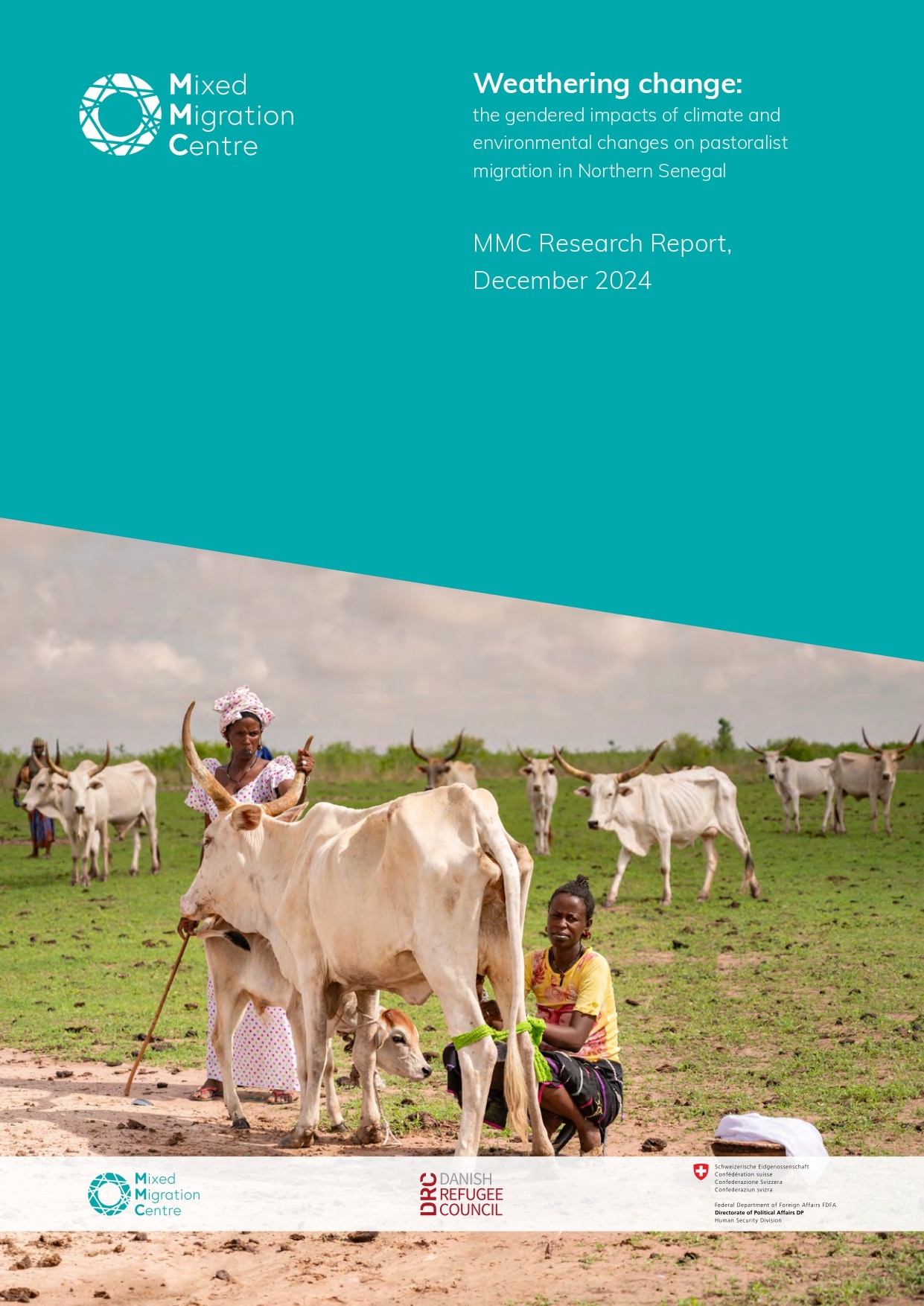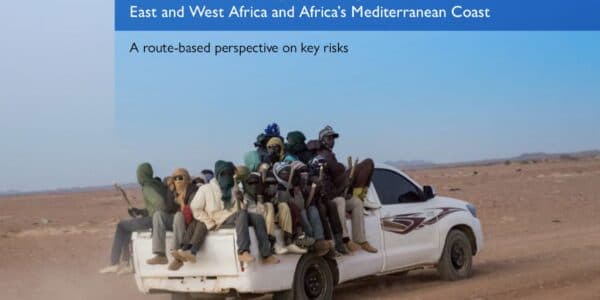
Weathering change
The gendered impacts of climate and environmental changes on pastoralist migration in Northern Senegal
The impacts of climate change in Senegal are increasingly affecting human activities in complex and varied ways. This case study explores internal migration decision-making among herders from northern Senegal within the context of climate and environmental changes. It focuses on herders from villages in the Ferlo Reserve, whose mobility to the southern Kédougou region is influenced by climate variability. It examines their migration aspirations, the climate risks faced, and adaptation strategies in both rural areas of origin and semi-urban migration destinations. Specifically exploring through a gender lens, this case study focuses on two core themes: how men herders are using internal migration to adapt to new climate-linked constraints on their home environment, and how this adaptation impacts women herders who remain behind in their villages during their menfolk’s longer migrations. The aim of this research is to contribute to a better understanding of climate mobility and immobility in the context of Senegal, with the view to inform gender-responsive and evidence-based adaptation strategies.
This research is based on primary data collected via semi-structured interviews and focus group discussion with 133 participants, primarily herders, in both the areas of origin and destination, as well as 8 key informant interviews and a review of literature.
Download in English Télécharger en français



